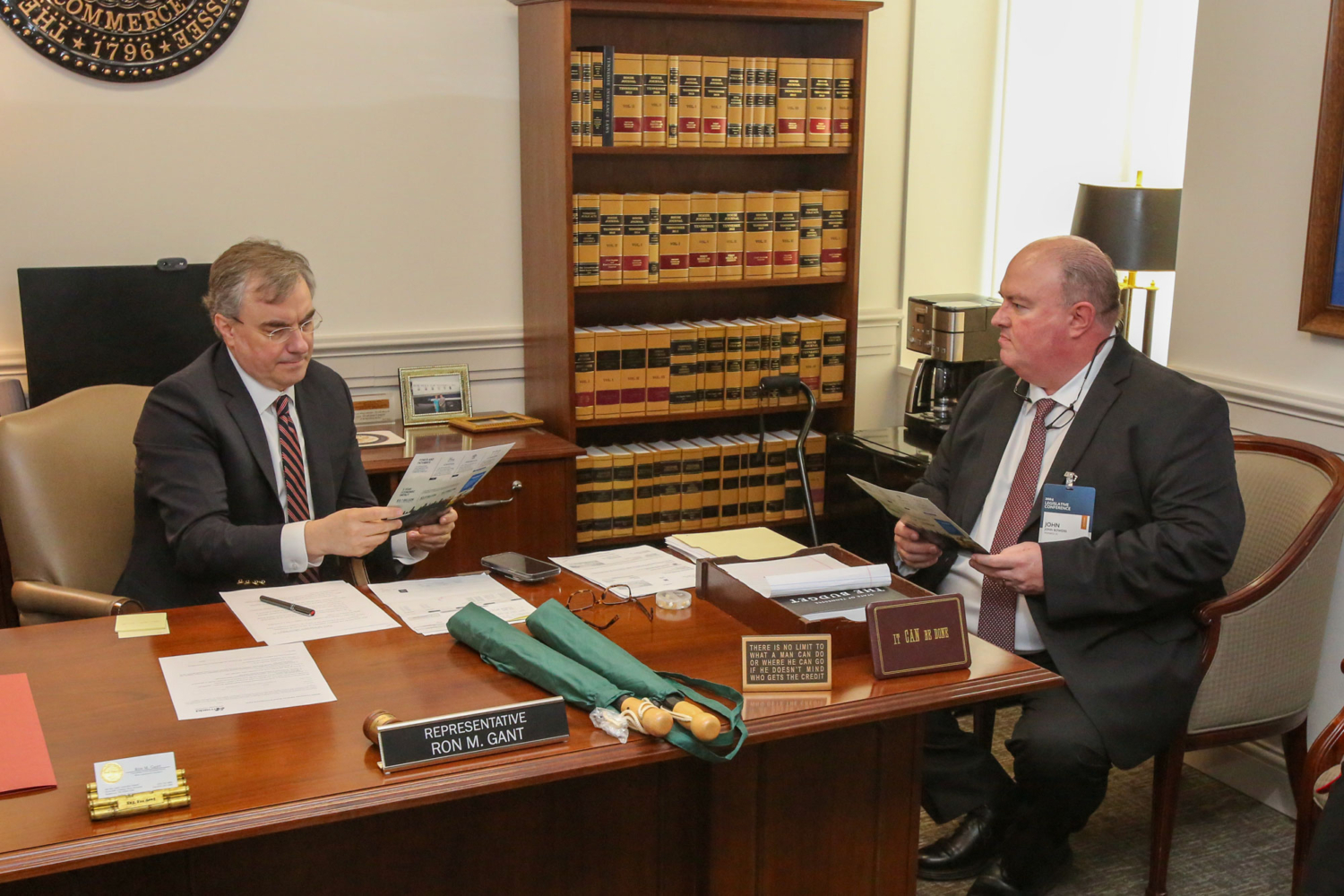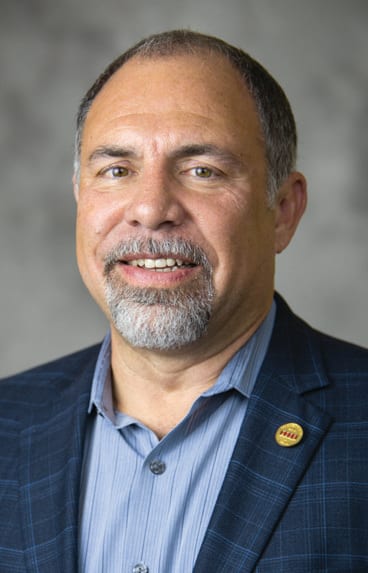Columbia, Tenn. – Duck River Electric Membership Corporation (DREMC), an electric provider serving 2,500 square miles of middle Tennessee, and United Communications, Middle Tennessee’s leading provider of fiber and fixed wireless internet services, announced today that they are collaborating to expand broadband access to underserved areas across Middle Tennessee.
Industry data indicates that while average household demand for internet data has grown over 38 times in the past decade, approximately 18% of Tennesseans live in unserved areas for broadband internet. The lack of broadband infrastructure in rural areas has resulted in a digital divide, subjecting those without high-speed internet to a significant disadvantage in career development, telemedicine, and social engagement opportunities.
DREMC reinforces its commitment to the members they serve by advancing high-speed internet connectivity. Through the development of a robust fiber backbone that enhances service dependability, DREMC is not only delivering safe and reliable electricity at the lowest possible cost but also supporting United in building a reliable fiber and fixed wireless network in the region.
United is a subsidiary of Middle Tennessee Electric (MTE), and that partnership supports the effort to deliver high-speed internet to underserved areas in Middle Tennessee, the mission of United’s Project UNITE initiative. By collaborating to bridge the digital divide, United, MTE, and now DREMC can expedite the delivery of high-speed internet to areas of need. Specific to DREMC, the relationship solidifies expansion for broadband, especially for many communities that lack adequate internet access.
Project UNITE was initiated by United to focus on rural communities to connect unserved homes and businesses, partner with local stakeholders, companies, and governments seeking grant support, and deliver industry-leading customer experience.
The announcement was made by Scott Spence, President and CEO of DREMC, and William Bradford, President and CEO of United Communications, in conjunction with Chris Jones, President, and CEO of MTE, at the DREMC Office in Columbia, TN, on December 10, 2021.
“DREMC is proud to be part of the solution to the internet needs of members in underserved areas. The first step in this journey began in 2018 with the initial work needed to develop a 386-mile fiber backbone that allows DREMC to better serve members and provide important infrastructure for established internet providers to utilize,” said Spence. “Today, we are excited to partner with United Communications to further leverage what DREMC has built for the benefit of the members we serve. This is a key step in being part of the solution to deliver reliable, competitively priced internet with a focus on customer care.”
The effort to build out the southern Tennessee network is greatly enhanced by DREMC’s foresight and proactivity in establishing a fiber ring throughout their service area that is expected to be complete in mid-2022. United’s expertise in fiber and fixed wireless, combined with DREMC’s assets and permits, provides an effective and efficient way to enter the next phase of delivering broadband and a world-class smart grid.
“United is a local company that serves our customers with the same focus and care that Duck River Electric delivers to their members,” said Bradford. “This relationship creates a powerful bond between two companies that can benefit from each other’s resources and expedite the pathway to internet access, speed, and reliability that everyone deserves. For example, in partnership with MTE, we have been able to build and offer connectivity to over 12,000 unserved locations,” added Bradford. “We understand the special relationship cooperatives have with their members and believe we can apply the knowledge and experience we gained with MTE’s success and leverage that for the benefit of DREMC members.”
“A fundamental cooperative principle is cooperatives supporting cooperatives.” Added MTE President and CEO Chris Jones. “I’m so pleased to see MTE’s broadband company, United Communications, in a position to support our sister cooperative in expanding important service to DREMC members.”
As more planning develops, DREMC members will be able to check if their address is serviceable by United and register their interest by visiting https://united.net.
Additional information on the partnership can be found at www.United.net/DREMC or learn more about Project UNITE at www.United.net/project-unite.





